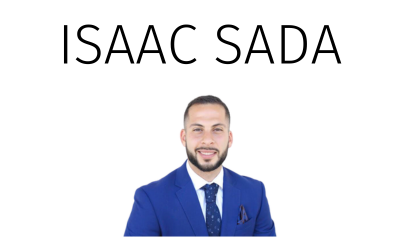BMC-84 vs BMC-85
Estimated Read Time: 2 minutes05-31-2024
“What is the difference between a BMC-84 and a BMC-85?” is a question that is asked quite often by new brokers. Choosing the right type of insurance to meet the FMCSA’s requirements is important and understanding the differences will help you determine what will work best for you. A Freight Broker or Freight Forwarder must meet the set $75,000 limit in order to become authorized. This is achieved through a BMC-84 surety bond or BMC-85 trust fund.
BMC-85 (Trust Fund)
- Issued by a financial institution
- Typically requires full $75,000 limit deposited and funds cannot be accessed
- You’ll need to pay a service fee
- Claims are paid out of trust fund and remittance must be provided to replenish the depleted funds
Not all financial institutions require the full $75,000 deposited. Instead some offer to fund the trust using Irrevocable Letter of Credit (ILOC) obtained by you or, for a fee, the financial institution itself. This ILOC acts as an “I Owe You” and can prove to be detrimental in the event claims are paid. New FMCSA rules are doing away with this and Broker and Freight Forwarder Financial Responsibility will require assets to be “readily available” for BMC-85 bonds.
BMC-84 (Surety Bond)
- A BMC-84 bond is Issued by an insurance company
- Pricing is based on a percentage of the $75,000 bond limit ranging from 1.1% to 12.5%
- Claims are paid out by the insurer and remittance must be provided to satisfy indemnity requirements
A BMC-84 bond is a great option for new brokers with low working capital since it requires less upfront costs than a BMC-85 trust. Here at Jet, we recognize capital requirements can make or break a new business. To help alleviate the financial burden FMCSA’s requirements, Jet offers monthly installments, no cancellation fees, and refunds on all unearned premium.


